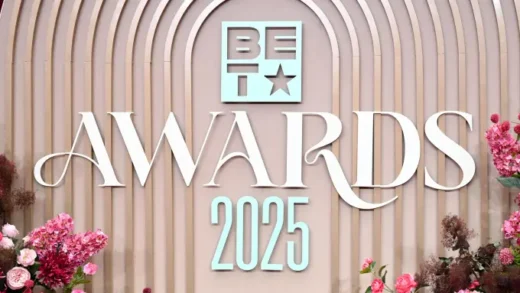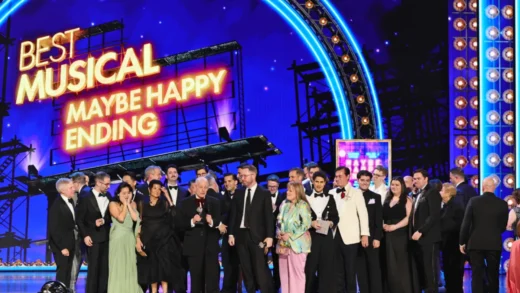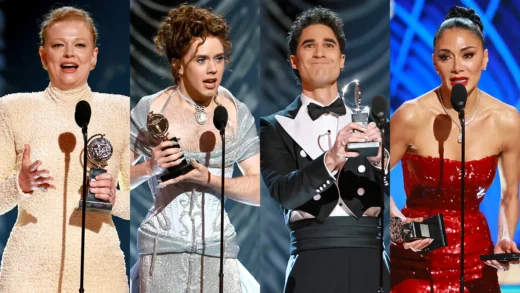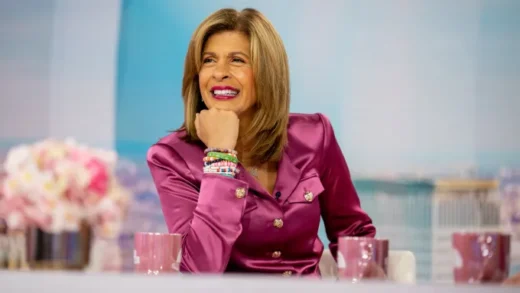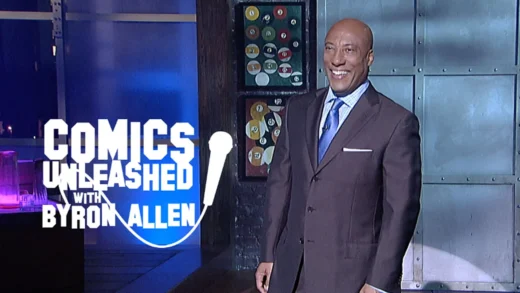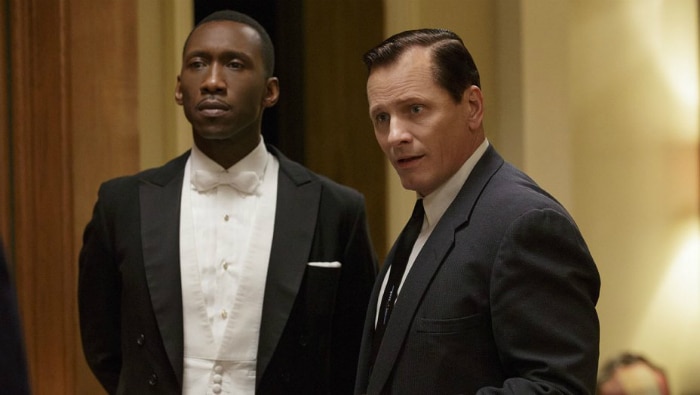As awards season scandals pile up, dwelling on its historical inaccuracies, or the race (or boneheaded past actions) of its writer and director, misses the deeper value of an Oscar-worthy film, writes the NBA great and Hollywood Reporter columnist.
Historical movies are never about history. Nor are they meant to be.
Current historical films like First Man, The Favourite, On the Basis of Sex, Vice, Bohemian Rhapsody, BlacKkKlansman and Mary Queen of Scots purport to tell us about important historic people and events, to present the facts that explain why the subject is so significant. Yet a Google search of each of these titles will produce a long list of factual inaccuracies. And that’s OK — because these films are not about facts, they are about something much more elusive and important: truth. Specifically, they are about how the events of the past illuminate the choices we face in the present. That’s why the fuss around the historical accuracy and perspective of Green Book, a small film with a modest budget ($23 million) and a modest story that has received three Golden Globes and other awards, is so misplaced.
Some of the controversy revolves around the portrayal of Dr. Donald Shirley, a black classical/jazz pianist with several doctorates who spoke eight languages, and his relationship with Tony Vallelonga, his uneducated Italian-American driver during an eight-week concert tour of the Deep South in 1962. Family members have complained that Shirley and Vallelonga weren’t really friends (although in the 2010 documentary Lost Bohemia, Shirley directly says that they were). They have speculated that a scene where Tony stops at a Kentucky Fried Chicken stand and talks Dr. Shirley into trying some could never have happened, and maintained that Shirley wasn’t really alienated from his brother. While such discrepancies may irk family members, they don’t really matter because those plot details are about getting to a greater truth than whatever the mundane facts are.
The character of Shirley is alienated from his sense of self-identity as a musician who wants to play classical music but is forced to play popular music and as a black man who is too educated to be embraced by some blacks but still treated by whites as less than human. He’s also alienated from his own sexuality. He has so much to hide from the outside world that he’s created an acceptable persona for that world. To show him cut off from his family, whatever the facts, is an effective way to emphasize the loneliness and despair that people like him endure.
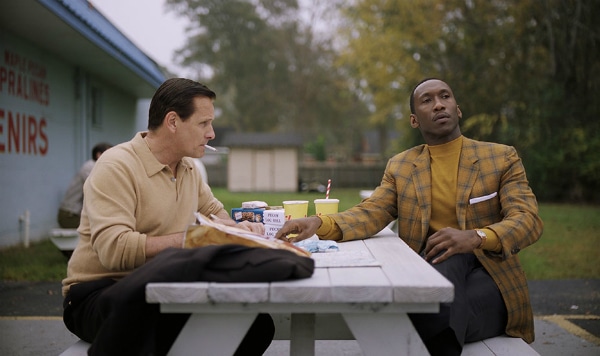
Courtesy of Universal Pictures
The other main controversy is whether the film is black enough. Almost every time a film is released that features racism, the work faces the litmus test of “integrity to blackness.” That’s a fair test because movies have a long history of being condescending, reductive and insulting when representing black people or black culture, even when they are well-meaning. With Green Book, cultural critics wonder why the actual Negro Motorist’s Green Book — which listed places throughout the country where black people could safely shop, eat and lodge — wasn’t featured more prominently as a historical icon. Answer: The film implies that there is no “safe” place for blacks because the entire country — from Tony’s kitchen in the Bronx to a concert hall in Georgia — is infected with racism, whether it’s overt, passive or institutional.
Kris Bowers Is the Piano Behind Mahershala Ali’s ‘Green Book’ Performance | Magic Hour
(Excerpt) Read More at: HollywoodReporter.com
